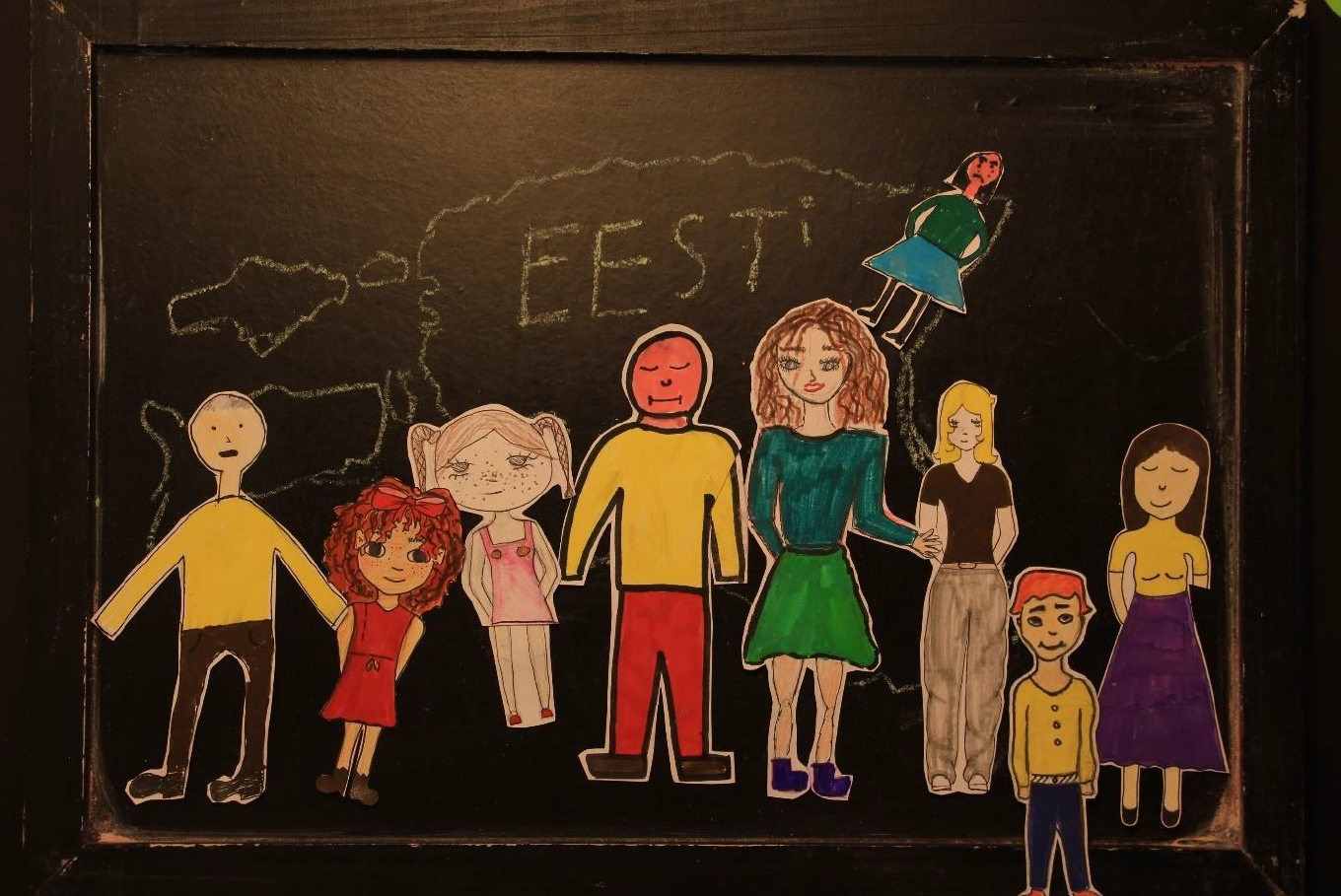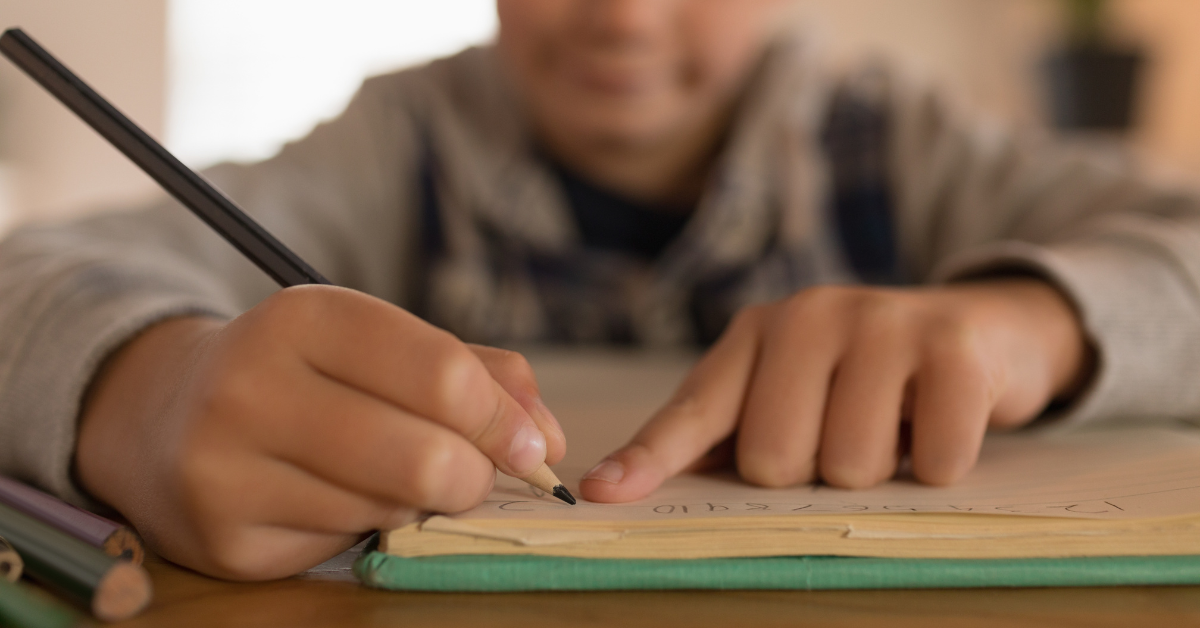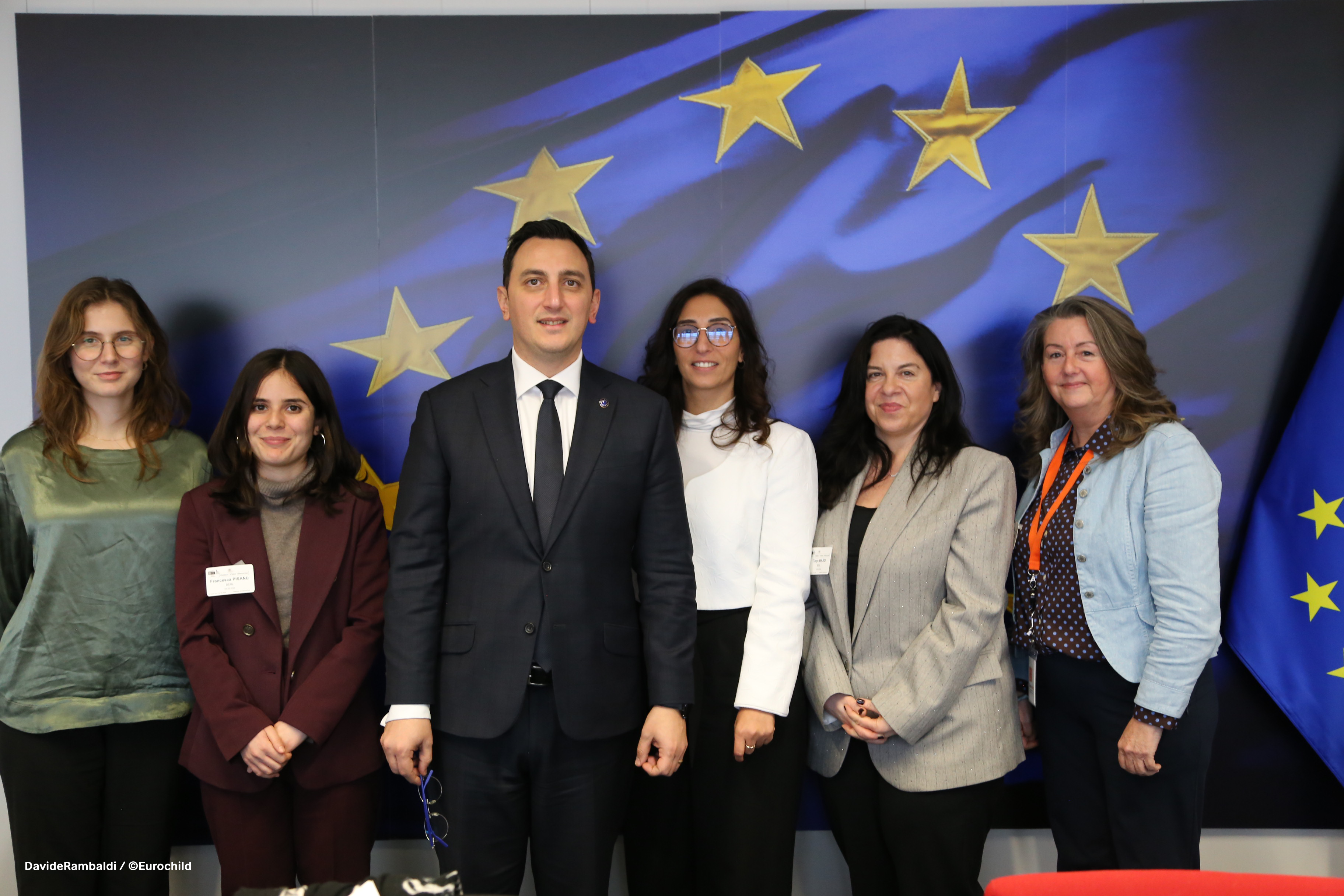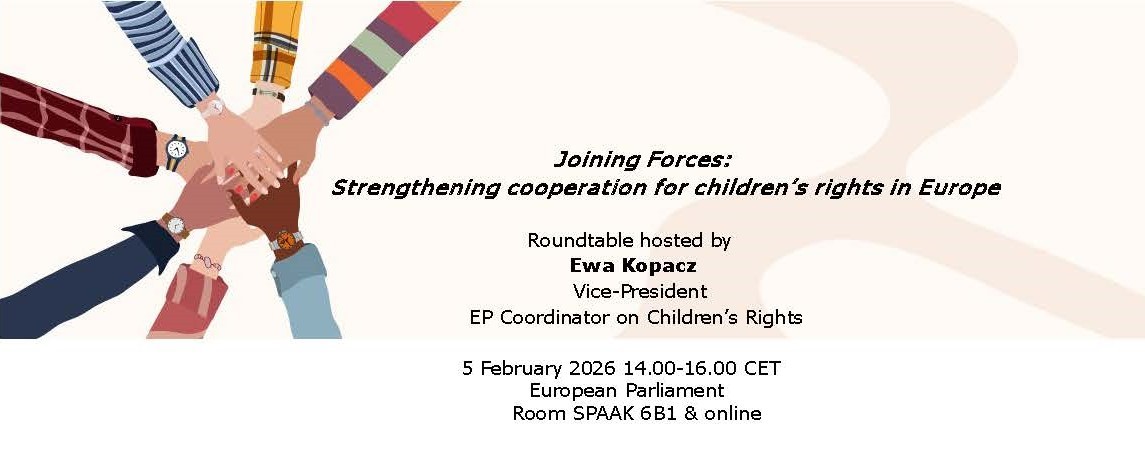Estonia's UN Convention on the Rights of the Child alternative report
Eurochild member Estonian Union for Child Welfare release a report highlighting the most important problems in terms of the rights and well-being of children in Estonia.
In 2017 the Committee on the Rights of the Child emphasised that whilst national legislation largely complies with the Convention, this is not the case with its practical implementation. Unfortunately, the same could be said in 2023, whether we look at the high number of people in favour of physical punishment, the uneven access to services and regional inequalities, the low participation of children or the increasing number of maintenance allowance debtors.
Past and ongoing crises have undermined both the mental and material well-being of children and families, and created new challenges for society. The number of families in need of income support increased several times in 2022. It is noteworthy and worrying that, while unemployment has been a key determinant of needing help in the past, in 2022 the share of unemployed families among beneficiaries fell, but the share of families with children rose.The restrictions established during the COVID-19 crisis have affected children’s mental health and inequalities continue to widen, including technological and educational inequalities.
On the positive side - there have also been a number of significant developments in recent years. For example the age of sexual self-determination of children was raised to 16 and an amendment entered into force which means that only adults can get married. The mental health field in Estonia has also been developed significantly in recent years, and in 2021, the Mental Health Act was amended to guarantee the right of a child to see a psychiatrist without the consent of his or her legal representative or the permission of a court. Estonian Union for Child Welfare has drawn attention to the need to amend the act since 2015, referring to the recommendations made by the UN Committee on the Rights of the Child (2017) that the state must further strengthen the accessibility and quality of mental health services for children.
This report has been prepared under the coordination of the Estonian Union for Child Welfare (EUCW) with the following major sectoral NGOs: Own Family (Oma Pere), Child Welfare Development Centre, Estonian Chamber of Disabled People, Estonian Refugee Council and Estonian National Youth Council.
Read more:





